Optimal Timing for Concrete Step Removal
Determining the optimal time for concrete steps removals depends on various environmental and project-specific factors. Weather conditions, temperature ranges, and seasonal considerations significantly influence the ease and safety of removal operations. Proper timing ensures minimal disruption and reduces potential complications such as cracking, spalling, or damage to surrounding structures.
Spring and fall are ideal seasons for concrete removal due to moderate temperatures and lower humidity, which facilitate safer and more effective removal processes.
Concrete removal is best performed when temperatures are consistently between 50°F and 85°F, avoiding extreme cold or heat that can compromise material integrity and worker safety.
Dry weather is preferable to prevent moisture-related issues during removal, while rain or snow can cause delays, safety hazards, and potential damage to the remaining structure.
Scheduling removals during periods of low activity or project downtime can minimize disruptions and allow for a more controlled and efficient process.
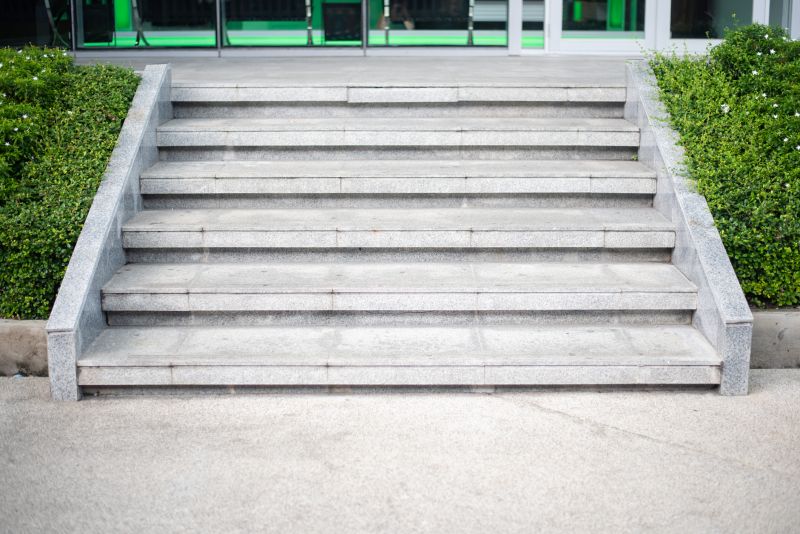
Ways to make Concrete Steps Removals work in tight or awkward layouts.

Popular materials for Concrete Steps Removals and why they hold up over time.
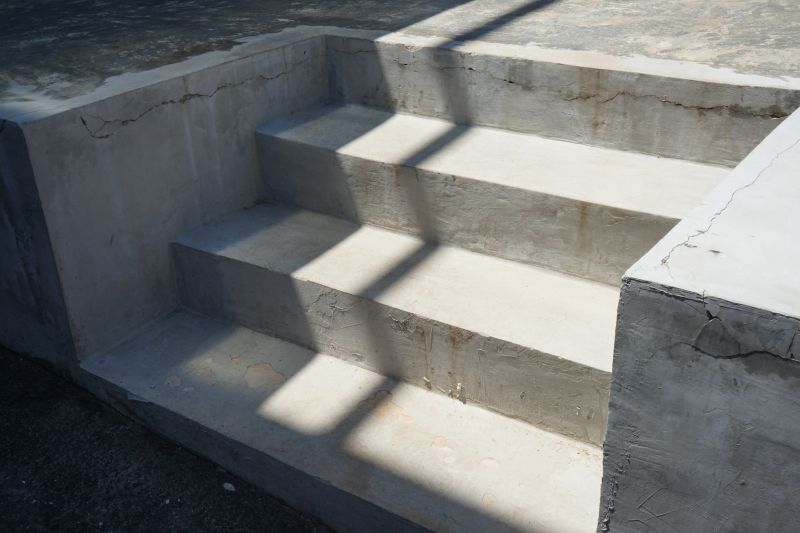
Simple add-ons that improve Concrete Steps Removals without blowing the budget.

High-end options that actually feel worth it for Concrete Steps Removals.
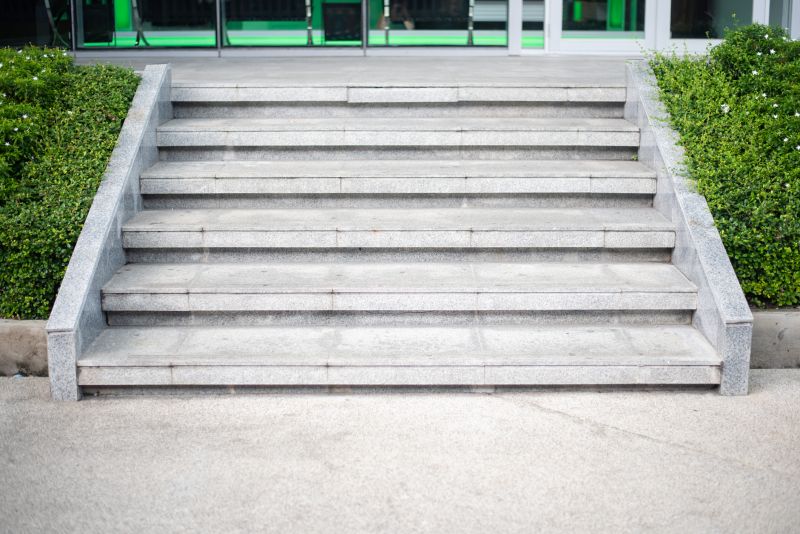
Finishes and colors that play nicely with Concrete Steps Removals.
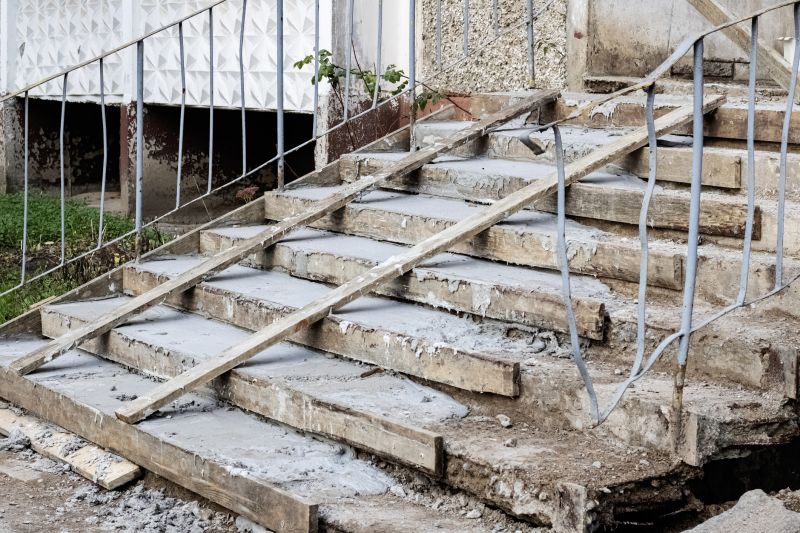
Little measurements that prevent headaches on Concrete Steps Removals day.
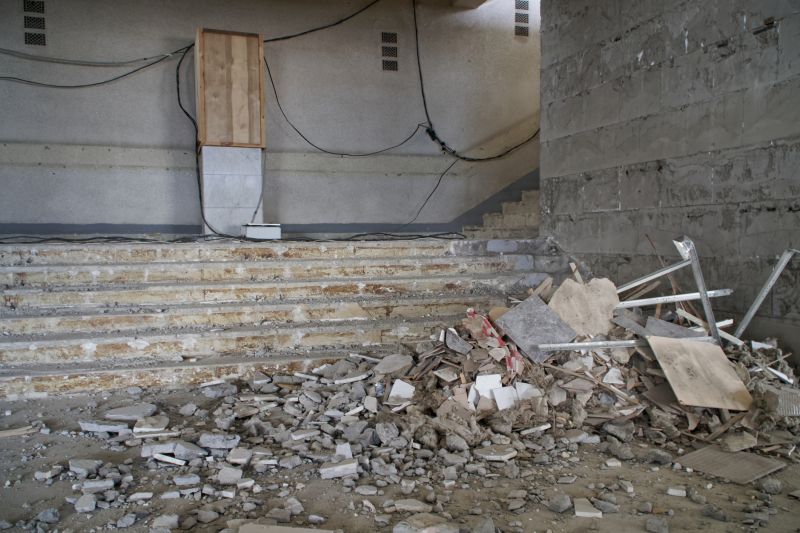
A 60-second routine that keeps Concrete Steps Removals looking new.
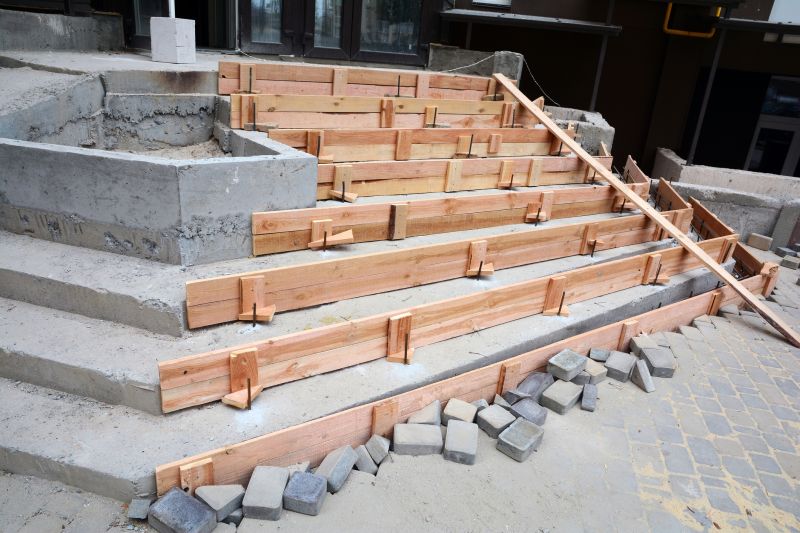
A frequent mistake in Concrete Steps Removals and how to dodge it.
| Factor | Recommended Timing |
|---|---|
| Temperature | 50°F to 85°F |
| Season | Spring or Fall |
| Weather | Dry conditions preferred |
| Project Schedule | During low activity periods |
| Temperature Extremes | Avoid below freezing or above 90°F |
Concrete steps removal involves breaking and extracting existing concrete structures, which requires careful planning and execution. Proper timing reduces risks such as cracking, spalling, or damage to adjacent surfaces. Weather conditions play a crucial role; cold temperatures can cause the concrete to become brittle, increasing the risk of unexpected breakage, while excessive heat can lead to rapid curing and difficulty in removal. Additionally, wet conditions can compromise safety and lead to delays, making dry, moderate weather ideal for such projects.
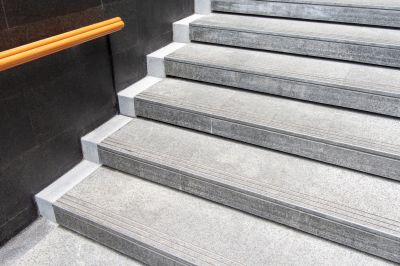
Small tweaks to make Concrete Steps Removals safer and easier to use.

Lower-waste or water-saving choices for Concrete Steps Removals.
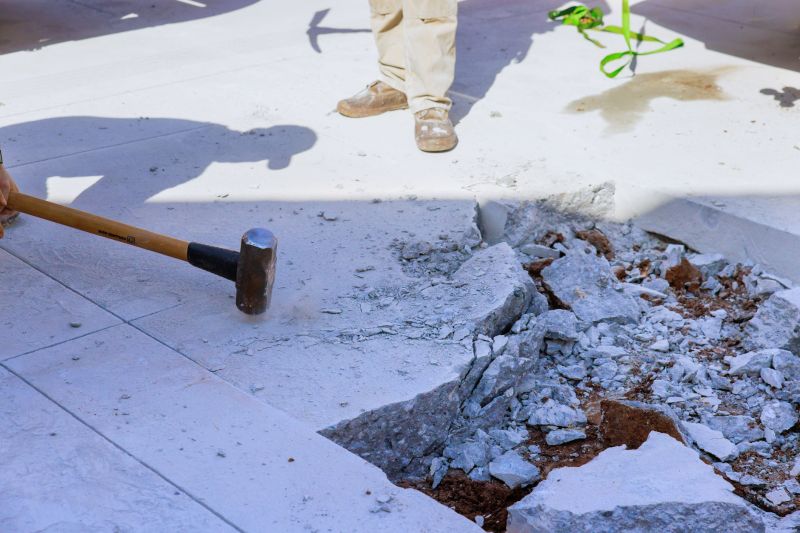
The short, realistic tool list for quality Concrete Steps Removals.
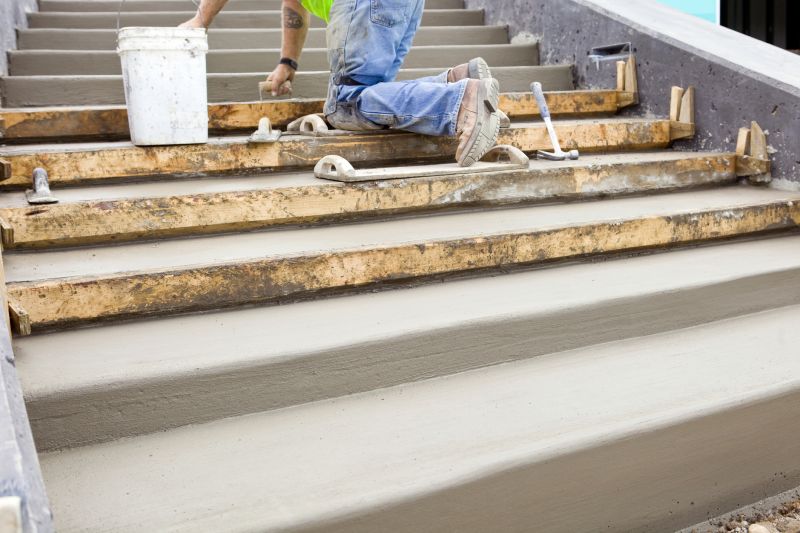
Rough timing from prep to clean-up for Concrete Steps Removals.
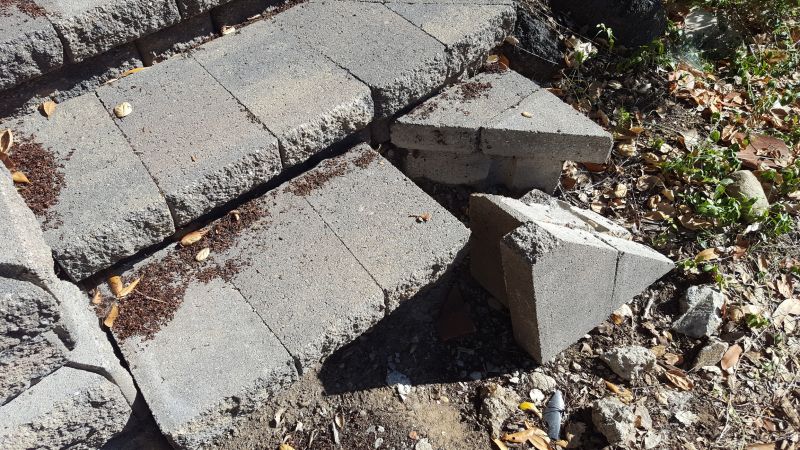
Quick checks and paperwork to keep after Concrete Steps Removals.
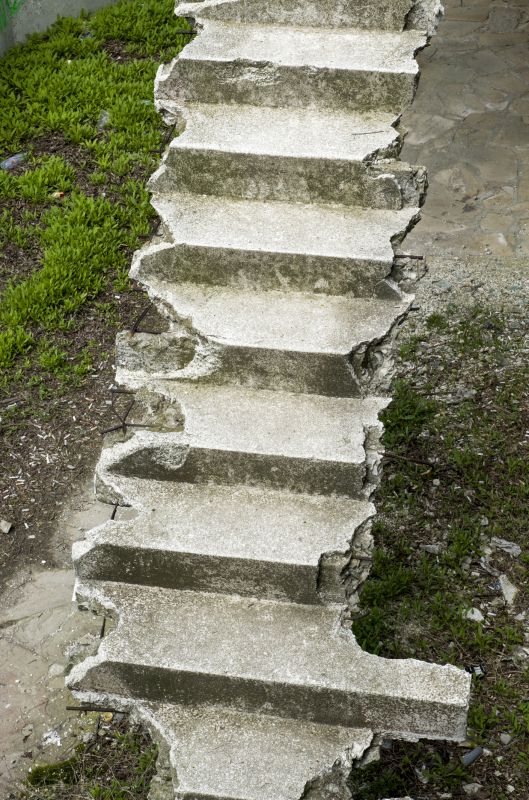
Examples that show the impact a good Concrete Steps Removals can make.

Ways to make Concrete Steps Removals work in tight or awkward layouts.
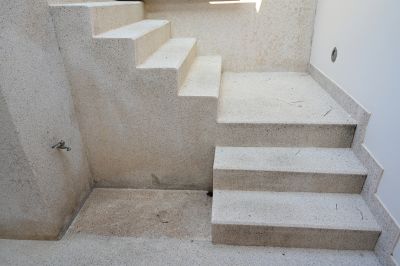
Ways to make Concrete Steps Removals work in tight or awkward layouts.
Interested in removing concrete steps? Filling out the contact form can provide more information and help schedule the appropriate timing for a project. Proper planning and execution ensure safe, efficient, and effective removal processes tailored to specific needs.
